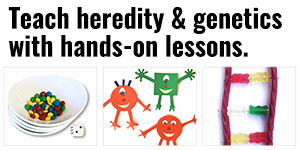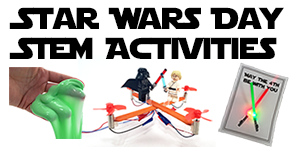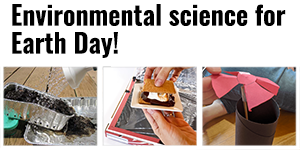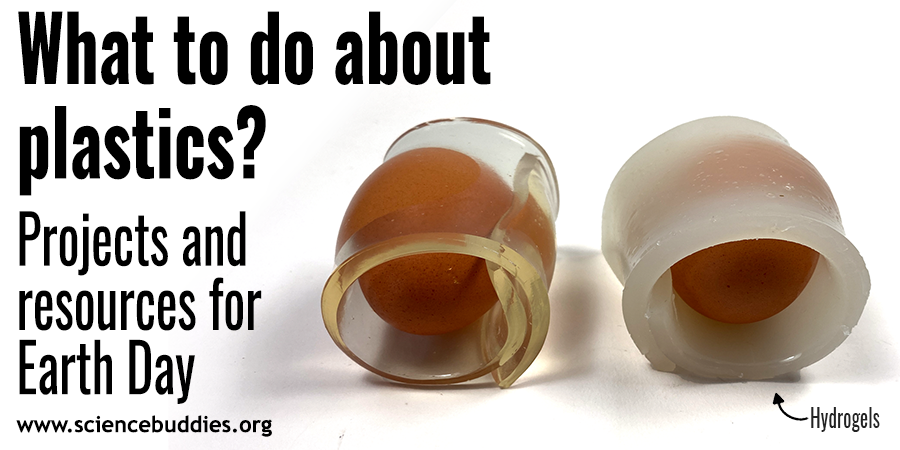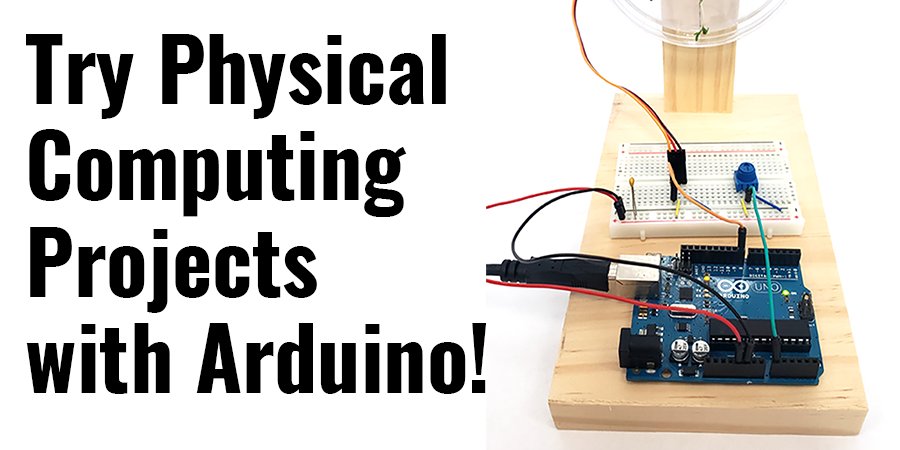Student Shares Story of Garage-based Lab and Wins Bio-Rad Scholarship
In an essay he wrote as part of an application for a science scholarship offered by Bio-Rad Laboratories, this high school senior highlights the importance of hands-on science. Walk into his lab, through his words, and see the shine of his drive, determination, and passion for science.
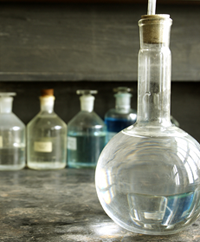
Jacob Saldinger found a testing ground for his science exploration in a corner of his garage. Jacob is the recipient of the Ron Mardigian scholarship, awarded by Bio-Rad Laboratories. (Image: Bigstock)
In his essay application for the scholarship, Jacob draws readers into his lab and talks about the need for hands-on science exploration to support student interest in science and science literacy. Jacob speaks from experience, the experience of an aspiring scientist who wants more. Unfortunately, Jacob says that hands-on science was not a primary focus at his high school, although he notes that his teachers incorporated some "excellent labs" to reinforce course materials. "I remember particularly [that] the labs we did while we were learning about acids and bases (titrations and such) were particularly helpful to me in [visualizing] what we had learned in the classroom," he says. His last science fair project was in the fifth grade, but he remembers it well. "Back then I had a really cool project where I grew bacteria cultures of my teachers' desks."
As Jacob's essay explains, a thirst for more hands-on science led him to the garage, a move his parents supported. "My parents trust that I will be safe in my experiments and encourage me to develop myself scientifically. My dad, a doctor, has particularly helped my scientific studies. Even from a young age, some of my earliest memories with him are of the ever-famous vinegar and baking soda volcano and throwing dry ice in the toilet to watch the CO2 bubbles. Even today, we still listen to NPR's 'Science Friday' together, and he emails me articles he thinks I'll find interesting."
Jacob's success, determination, and zest for scientific inquiry are inspiring. When asked what advice he would offer other students who are interested in pursuing science careers and applying for science-focused awards, Jacob says it boils down to doing what you love—not just what you can put on an application. "I found the things which I did because I truly enjoyed them (and often had no intention of putting on an application), such as my homemade lab, were the things which I ended up emphasizing to define myself." Numerous other activities he was involved in ended up being left off the application, he says. "Whether it's college or awards like this, there are going to be some happy outcomes where you'll be far happier if you do what you enjoy—and disappointing ones where you'll be far more upset if you spent high school trying to make yourself look good on paper."
Here is the text of Jacob's award-winning essay:
Because I had an opportunity to play and experiment with science on my own, my interest and love of science grew. Similarly for others, experimentation and observation can bring science books and the periodic table to life. Science is not a test, a grade, or a contest, but rather a fun engaging activity. This empiricism turns formulas and ideas into reality. I enjoy spending weekends mixing chemicals in my garage "laboratory"; it's fun to experiment and see what happens! Perhaps if others also had the chance to see this side, more would be interested and participate in science.
My experiences with empiricism cemented my desire to learn the sciences. In my early teens I constructed a laboratory from an empty table in the garage. It soon became a significant part of my teenage years. At the beginning, I primarily sought a reaction. I considered any change sufficient proof that the acid and the base were capable of doing "something" or that "somehow" a battery transferred metal through water. Yet my interest to learn more and to learn why, compelled me to study chemistry, both in school and on my own. Thus, empiricism creates a reason to learn science and makes it applicable. Perhaps if we encouraged students to try their hand with experimentation, more would consider pursuing science.
I created and defined my world of science with empiricism. Likewise, these experiments can introduce and interest others in virtually all fields of science. Unfortunately, however, with today's emphasis on test scores, schools forgo many laboratory experiments and simply pretend that science can be contained in a textbook. Science is hands-on exploration. We shouldn't be afraid to push ourselves: the difficulty, the complications, and the troubleshooting are part of the fun. Last summer, I participated in a biology internship at University of California, Berkeley. I studied the interactions between the kit and noggin proteins. Although I did not understand all the science at this advanced level and the work was challenging, sometimes requiring us to throw away weeks of work for a simple mistake, it changed my perception of biology. What was once a mundane discipline of rote memorization became a vibrant, useful, and relevant science.
In order to move ahead in the 21st century we must create a greater interest in science. To do this, we must emphasize the empirical aspects of science. Science is not just a class. Let's open opportunities to experiment and explore.
Jacob says he is particularly interested in chemistry, but he adds that the biology internship during the summer before his senior year whetted his interest in life sciences. He currently plans to explore biochemistry as he begins his undergraduate research at Rice University in Houston, TX.
Science Buddies thanks Jacob for allowing us to share his essay on the Science Buddies website. We extend our congratulations to him, and we look forward to hearing about the scientific path he takes.
Science Buddies Project Ideas in Biotechnology Techniques are sponsored by support from Bio-Rad Laboratories and its Biotechnology Explorer program.
Categories:
You Might Also Enjoy These Related Posts:
- Making Recycling Sorting Machines—STEM Success
- Mini Trebuchets and a NM MESA Challenge
- Helping Students Build Coding Skills with Drones and Self-Driving Cars
- Middle School Student Codes to Improve Life with Visual Impairment
- Student Science Project - Designing and Coding a Video Game to Help People with Alzheimer's
- Teacher Combines Computer Science and Engineering Design for Middle School Students - STEM Success Story
- A Mirror Maze Success Story
- Paper Roller Coasters and Energy Transformation: STEM Teacher Success Story



